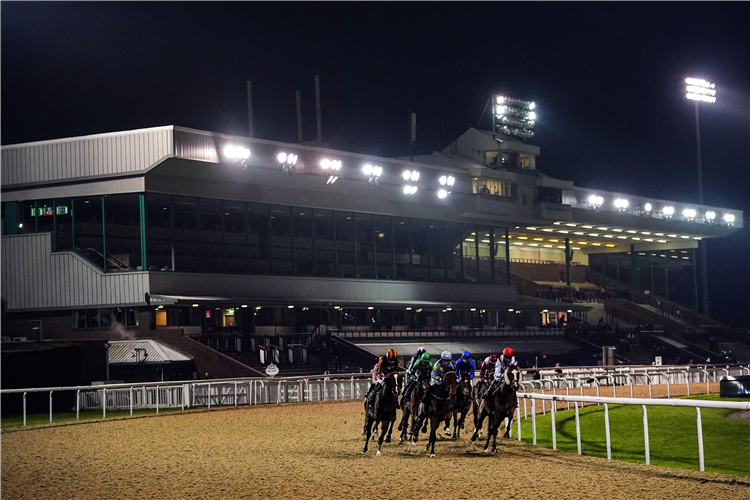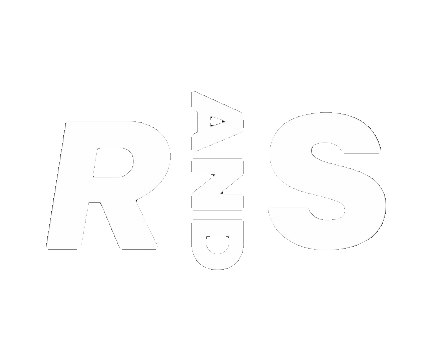3 minute read
Sunday evening racing in Britain will not continue after the trial period failed to meet betting turnover targets.

During a meeting of the BHA Board on Tuesday 14 May, members agreed that the Sunday evening racing pilot should not be resumed at this time, but that the concept "should be revisited when circumstances allow."
The decision follows a comprehensive review of the commercial performance data, recommendations from the sport's Commercial Committee and Horseracing Industry People Board, and feedback from racing's workforce, including stable employees, jockeys, trainers and officials who serviced the fixtures.
The pilot was introduced as part of wider innovations in the 2024 Fixture List to explore the potential of a new betting window on Sunday evenings – a time when betting activity was reported to be strong and with the potential to grow engagement among digital customers.
Six Sunday evening fixtures took place between 7 January and 10 March this year. Each comprised races of Class 3 and below, with prize money totalling at least £145,000 and additional payments for jockeys, grooms and others attending the meetings.
Following its conclusion, the pilot was evaluated against a range of measures, including whether the fixtures contributed to increased betting turnover relative to a similar midweek fixture and the competitiveness of the racing product itself.
The BHA also sought the views of those who worked at the fixtures, having made it clear from the outset that participant feedback would be a key consideration when determining whether the trial should be extended.
To support the feedback process, the National Association of Racing Staff (NARS), Professional Jockeys Association (PJA), National Trainers Federation (NTF) and Racehorse Owners Association (ROA) surveyed their members.
The BHA also consulted with its own workforce, as well as the Horseracing Industry People Board, which is in the process of developing a long-term people strategy for the sport.
The meetings were competitive and well supported from a racing perspective, attracting 498 runners across the 47 races, with an average field size of 10.6 and 91% of races attracting at least eight runners. However, the fixtures failed to meet their published betting targets of outperforming midweek (Tuesday to Thursday) floodlit fixtures by 15 to 20%. Some fixtures performed better than others, but significant variation resulted in average turnover being down 3%. The Sunday evening pilot was primarily targeted at the digital customer, and average digital turnover was 3.6% higher compared to midweek, with some fixtures performing strongly against midweek, but others underperforming in comparison.
The participant feedback gauged the overall sentiment of those involved in servicing the fixtures – stable staff, jockeys, trainers, BHA staff – as well as owners who attended. There was consistency around issues like the existing demands of the fixture list, staffing considerations and concerns about the impact on work-life balance. It was clear that the extra payments and higher prize money made Sunday evenings more acceptable, but questions were raised as to the financial sustainability of these incentives.
BHA Chair, Joe Saumarez Smith, said: "Although we have learnt some valuable lessons from the short trial, having considered the evidence, feedback and the recommendation from the Commercial Committee, the Board has agreed that no further Sunday evening fixtures should be programmed at this stage.
"However, while the pilot did not deliver what we had hoped, there was a recognition of the challenges presented by making a decision based on such a small sample, especially when the data varied so significantly across the fixtures. It's also the case that new concepts, which include behaviour change from the betting public, are likely to take time to settle in
"The Board concluded that the concept of Sunday evening racing is not something that should be dismissed and that it would like a further and longer trial to take place, where circumstances permit, to gather additional data".







